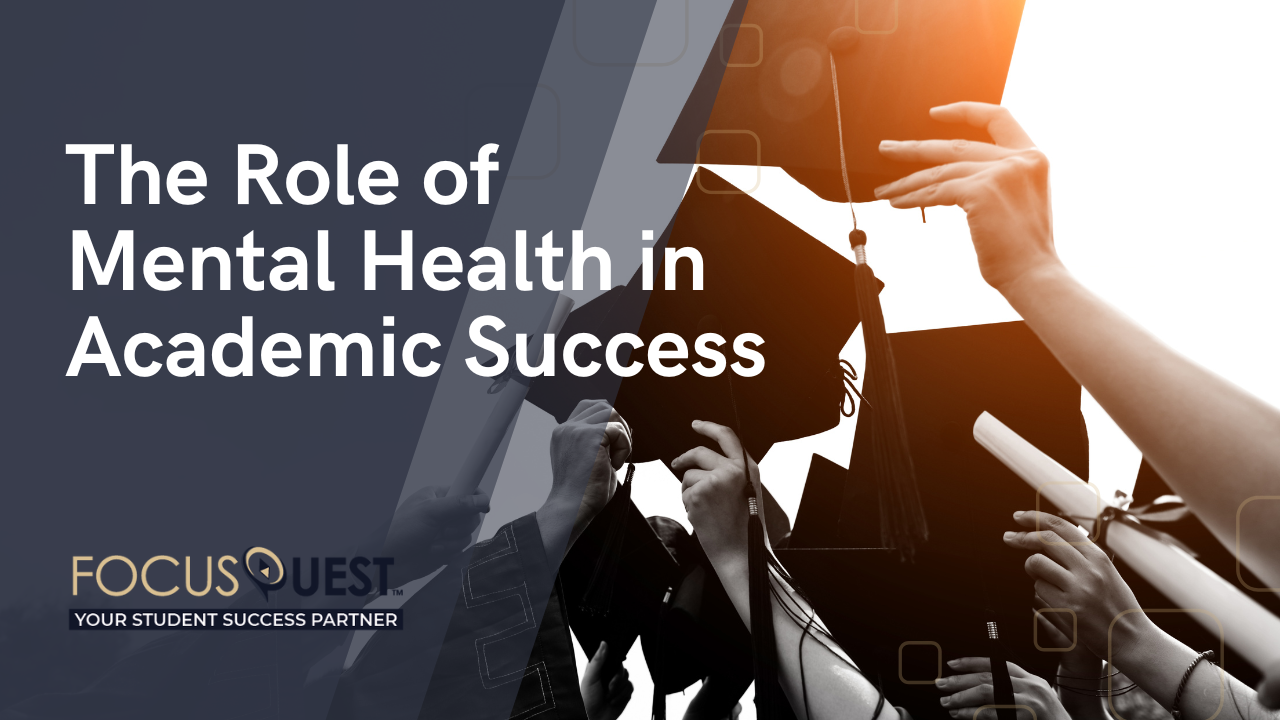Dear Students,
As Student Success Coaches, we would like to take this opportunity to reach out and communicate with you directly. We understand that your academic journey can be challenging, but please know that we are here to support you every step of the way.
We want to remind you that your success is our top priority. We are here to provide you with guidance, resources, and support to help you achieve your academic goals. Whether you need assistance with time management, study skills, or navigating the university, we are here to help.
It is important to remember that you are not alone in this journey. For this reason we have created this entry to provide you with a direct message and to be able to contact us more directly. We hope you enjoy.
Student Success Coaches
Welcome 2024
- January 9, 2024
Share on Social Media
Happy 2024 to all of you fantastic students of all kinds and every level – high schoolers, undergrads, grads, and certificate achievers! Welcome to a brand-new year filled with exciting possibilities!
As you dive into 2024, remember this: success is a journey, not a destination. It won’t always be a cakewalk, but oh, the adventure is so worth it! Think about it – no epic story started with, “Once upon a time, everything was easy.”
Persistence is your secret sauce! When the going gets tough (and it will), keep pushing forward. Trust me; the view from the top is way more spectacular when you’ve conquered some hurdles.
Now, let’s chat mindset and academic attitude. Be aware of them like your favorite Netflix show updates! Recognize any habits that might be dragging you down. Are you a midnight crammer or a procrastination pro? Identifying these quirks is your first step to supercharging your success.
As you embark on this academic adventure, don’t forget to sprinkle some fun, happiness, and peace into the mix. Life’s too short for all work and no play! Make friends, explore new interests, and savor every success, big or small.
Here’s to a year filled with growth, laughter, and discovering your awesome potential. You’ve got this! Cheers to your success and the countless adventures that lie ahead!



















